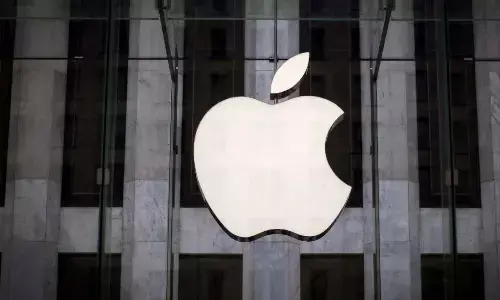FOOD TRENDS: The gluten-free craze

It is always advisable to consult with a dietician or a doctor before making any significant change in one’s food style
Going gluten-free without a doctor's advice or recommendation of a nutritionist is not as healthy as it sounds. Eliminating gluten completely from the diet is a common practice among fitness-savvy urbanities, which are more exposed to media than research studies. According to Dr. Daniel A. Leffler, assistant professor of medicine at Harvard Medical School, "People who are sensitive to gluten may feel better, but a larger portion will derive no significant benefit from the practice. They'll simply waste their money, because these products are expensive."
What is gluten?
Gluten is a type of protein found in grains like wheat, rye, barley and triticale (a cross between wheat and rye) which irritates the gut and also trigger allergic reactions in the body. Removing gluten from the diet can change the overall intake of fiber, vitamins and other nutrients. Therefore, it is important to know how a gluten-free diet can affect the overall nutritional needs.
Who is prohibited?
A gluten-free diet is becoming a craze among millennials following researches which have proven that people who have celiac disease; an immune reaction that damages the lining of the small intestine by eating gluten. But, is it applied to all, even to people who are afflicted with such conditions today? Scientifically NOT! So, it is always advisable to consult with a dietician or a doctor before making any significant change in one's food style. Of course, if one is smitten with celiac disease or gluten sensitivity, then s/he must strictly keep the food plate free from gluten, but people who are not detected with any such symptoms should follow a balanced diet suggested by a qualified dietician. Apart from this, non-celiac gluten sensitivity, Gluten ataxia (an autoimmune disorder) and wheat allergy also require a gluten-free diet.
To celiac patients and those affected with gastrointestinal problems or irritable bowel syndrome (IBS), the gluten-free diet is highly recommended as it eases the digestive system and protects the stomach from bloating, diarrhea, constipation, gas, chronic inflammation and enhances the gut performance. There are many naturally gluten-free foods for them, such as fruits, vegetables, beans, seed, white rice, and grains (amaranth, arrowroot, bucket wheat, corn, flax, gluten-free flours, millet, rice, soy, corn, potato).
Who shouldn't abandon
With all the benefits provided by the gluten-free diet, it is also important to know that lack of gluten in the diet can also change the nutrient intake, as the diet lacks important vitamins and other nutrients such as, whole-grain bread which is natural and enriched sources of iron, calcium, fiber and thiamin. Although it is possible to get the fiber required from other grains, such as brown rice or quinoa, or from fruits, vegetables, and beans, they can cause deficiency of many vitamins and proteins, especially Vitamin B9, which is pretty essential for pregnant women. Also, taking away the whole wheat from the diet may aggravate the bowel problems.
~ Ms. Surruchi Joshhi, Founder of Nut & Bowls














